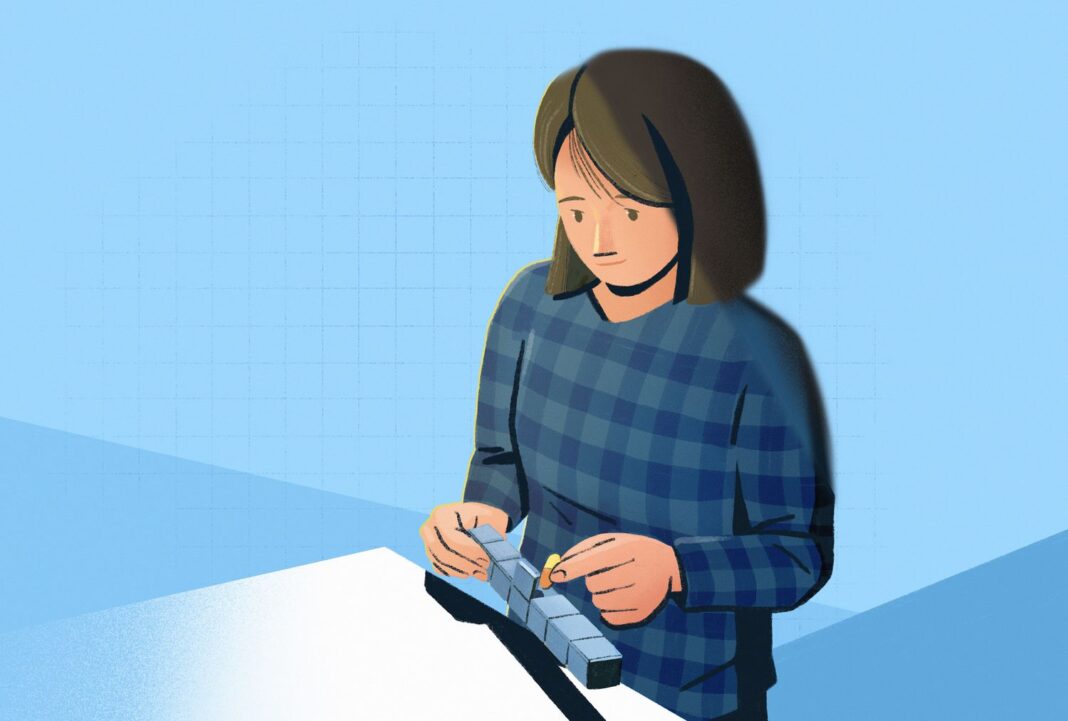What Causes Treatment-Resistant Depression?
Treatment-resistant depression (TRD) occurs when major depressive disorder (MDD) treatment does not work. There is no official definition or set criteria for TRD, but the measure often used is an inadequate response to at least two trials of antidepressant medications.
What Causes Treatment-Resistant Depression?
The cause of TRD isn’t known, but research suggests risk factors may include:
- Depressive episodes that are longer in duration
- Severity
- Type of depression
- Symptom duration
- Comorbid conditions
- Age
- Biological factors
How Is It Diagnosed?
TRD isn’t necessarily a diagnosis and typically isn’t labeled as such by healthcare providers in your chart. It’s more likely that the specific treatments or circumstances surrounding the depression will be noted and used for referrals.
Why Don’t Antidepressants Always Work?
It can be challenging to pinpoint an exact reason why an antidepressant isn’t effective for an individual, but some theories as to why a certain antidepressant may work for one person and not another include:
- Problems with making serotonin
- Genetic variations
- Epigenetic factors
Treatment Options
There are several treatment options available for TRD, including:
- Electroconvulsive therapy (ECT)
- Transcranial magnetic stimulation (TMS)
- Vagus nerve stimulation (VNS)
- Medications
Alternative Treatments
Promising treatments for TRD are currently being studied, including:
- Pharmacogenetic testing
- Cerebral folate deficiency (CFD) treatment
Other Steps You Can Take
In addition to professional treatment, there are other measures you can take to help manage your depression symptoms, including:
- Making healthy lifestyle choices
- Considering pharmacogenetic testing
- Sticking to your treatment plan
Conclusion
While there’s no formal definition of treatment-resistant depression, it typically refers to depression that has not responded adequately to two or more treatments with medication. Despite the name, TRD is treatable; it’s just a matter of finding which treatment works.
FAQs
Q: What is treatment-resistant depression?
A: Treatment-resistant depression (TRD) occurs when major depressive disorder (MDD) treatment does not work.
Q: What are the risk factors for TRD?
A: The risk factors for TRD may include depressive episodes that are longer in duration, severity, type of depression, symptom duration, comorbid conditions, age, and biological factors.
Q: How is TRD diagnosed?
A: TRD isn’t necessarily a diagnosis and typically isn’t labeled as such by healthcare providers in your chart.
Q: Why don’t antidepressants always work?
A: It can be challenging to pinpoint an exact reason why an antidepressant isn’t effective for an individual, but some theories include problems with making serotonin, genetic variations, and epigenetic factors.
Q: What are the treatment options for TRD?
A: The treatment options for TRD include electroconvulsive therapy (ECT), transcranial magnetic stimulation (TMS), vagus nerve stimulation (VNS), and medications.
Q: What are the alternative treatments for TRD?
A: The alternative treatments for TRD include pharmacogenetic testing and cerebral folate deficiency (CFD) treatment.




